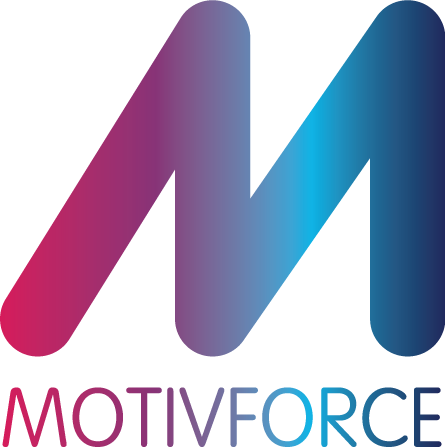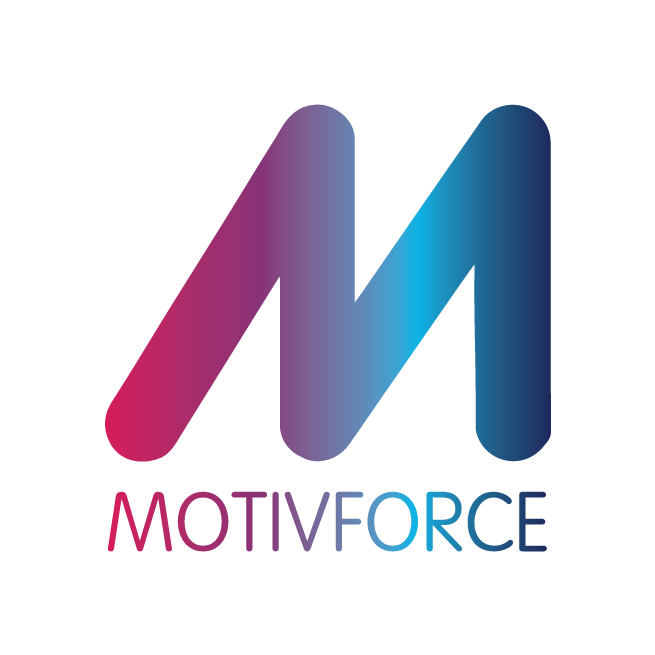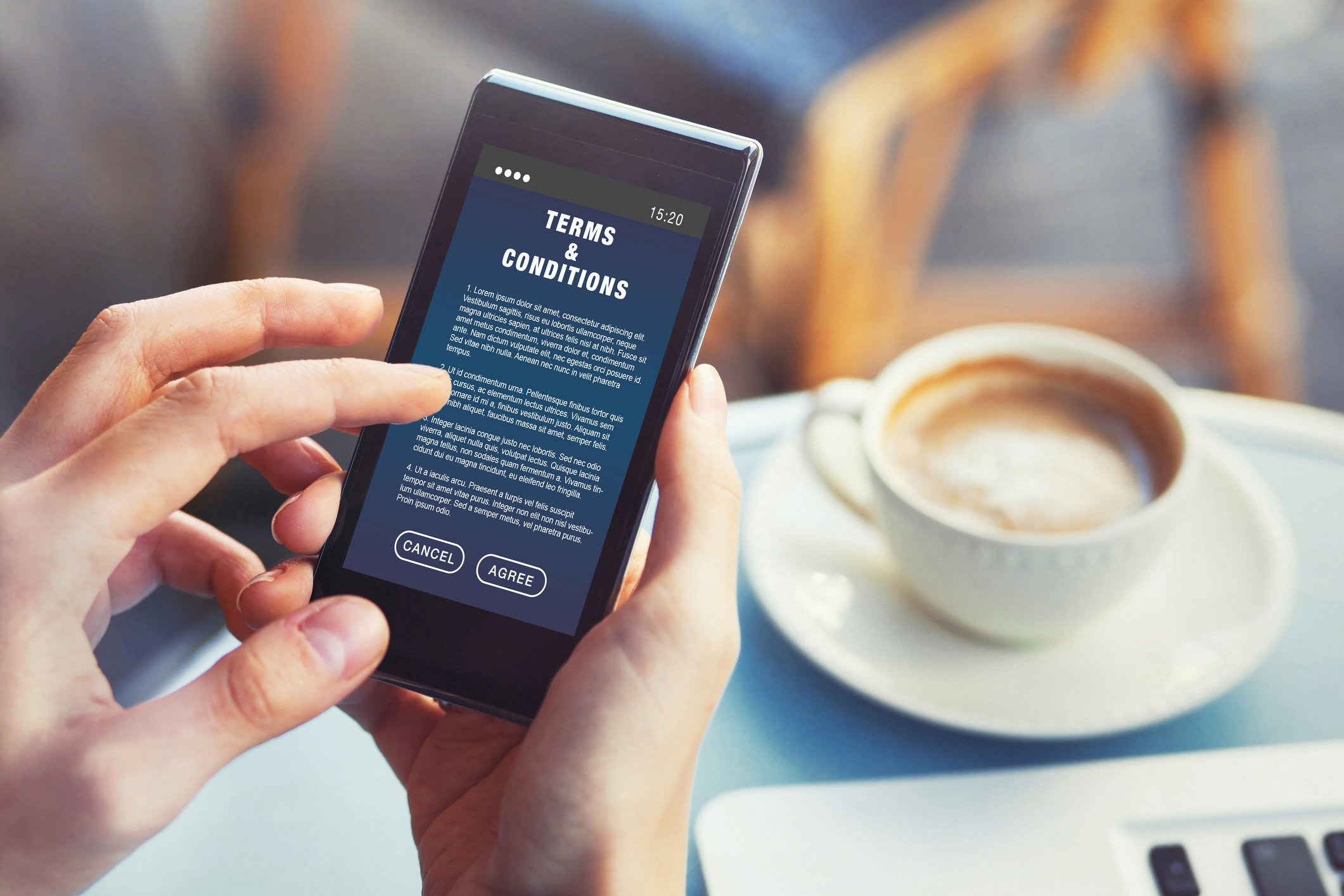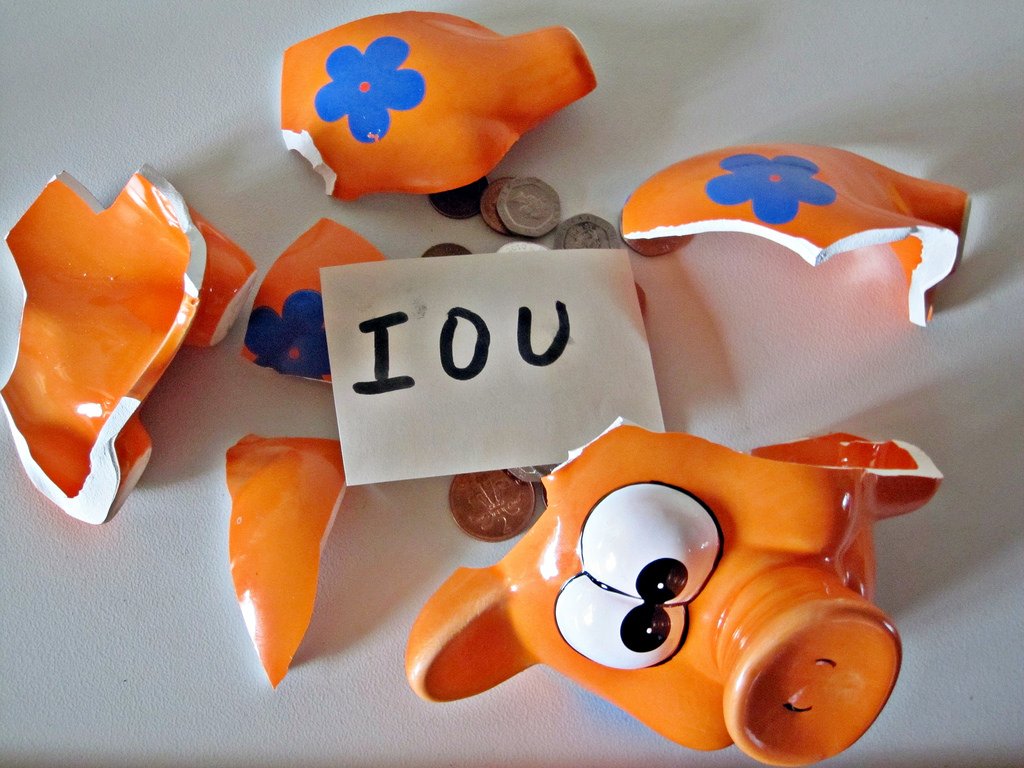5 Myths about B2B Loyalty Programs
FAKE NEWS! 5 Myths about B2B Loyalty Programs
By Dr. David Cox
In our conversations with organizations that are assessing B2B loyalty and incentive programs, a number of negative perceptions inevitably surface.
To set-up a loyalty program first you need to diagnose the problem your loyalty program is going to solve for your business. Then there are likely to be internal objections to running a B2B loyalty program as well as many myths about the benefits and running of a loyalty program.
Here are the top 5 myths about loyalty programs and our evidence as to why they simply aren’t true.
1. Loyalty Programs are too expensive to operate
This is without a doubt the number one myth that we hear. Whilst there are set up and operational costs, award winning loyalty and incentives programs have clearly demonstrated they are a revenue and growth driver within the business. Indeed most airline frequent flyer programs are the most profitable division. The investment in properly structured and operated loyalty and incentive programs, when compared to other marketing alternatives, have been shown again and again to be a cost effective marketing solution.
2. They reward for existing sales
Complete fallacy! The strength of loyalty and incentive programs is that you have the ability to structure the program so that it rewards for the products and behaviors that you want to grow and focus on. Indeed we run a number of programs that only focus on learning and skills development, coalition product bundles, new products and often exclude a firms entry level run rate products or those that are a cash cow. This is the difference between a loyalty program and turnover-based firm commissions or rebate which tend to reward for all sales.
3. They are limited in what they can achieve
Not so! The advent of digital technology, efficiencies in data formats and behavioral analytics have enabled B2B loyalty and incentive programs to target, activate, motivate, track and reward a number of value added behaviors. We have seen the infusion of loyalty and incentives programs rewarding for steps to the sale, skills enablement, customer service, certification attainment, client testimonials, participation in user online forums and innovation.
4. Everyone runs a loyalty program so they are a Zero Sum Game
Definitely Not! Zero Sum Games refers to the concept that everyone in the industry offers a program and therefore there is no differentiation or advantage to operating one. Empirical research and award winning industry programs consistently show that properly designed, structured and deployed loyalty and incentive programs continue to show decreased levels of variety seeking behavior, increases in share of wallet and increased profitability from program participants compared to non participants even in a saturated market.
5. Loyalty programs need a lot of internal resources to run them
Baloney! Firms today have so many flexible options to assess in terms of designing and operating B2B loyalty and incentive programs. These range form outsourcing all of the design and management to an experienced full serviced agency, to managing the program in-house amongst existing employees, to a hybrid approach where some services are managed by the agency and some are managed internally. Advances in data management, database design, data capture such as snap and claim and mobile technology have made program operations more efficient and in many cases completely automated, thus releasing internal resources to focus on other marketing a and sales tactics.
Once you have determined whether a loyalty program is right for your business then it would be worthwhile getting more PhD loyalty insights into getting it right.
And if you are already running a program then it is always advisable to see what tactics you have available for accelerating participation in your program.











